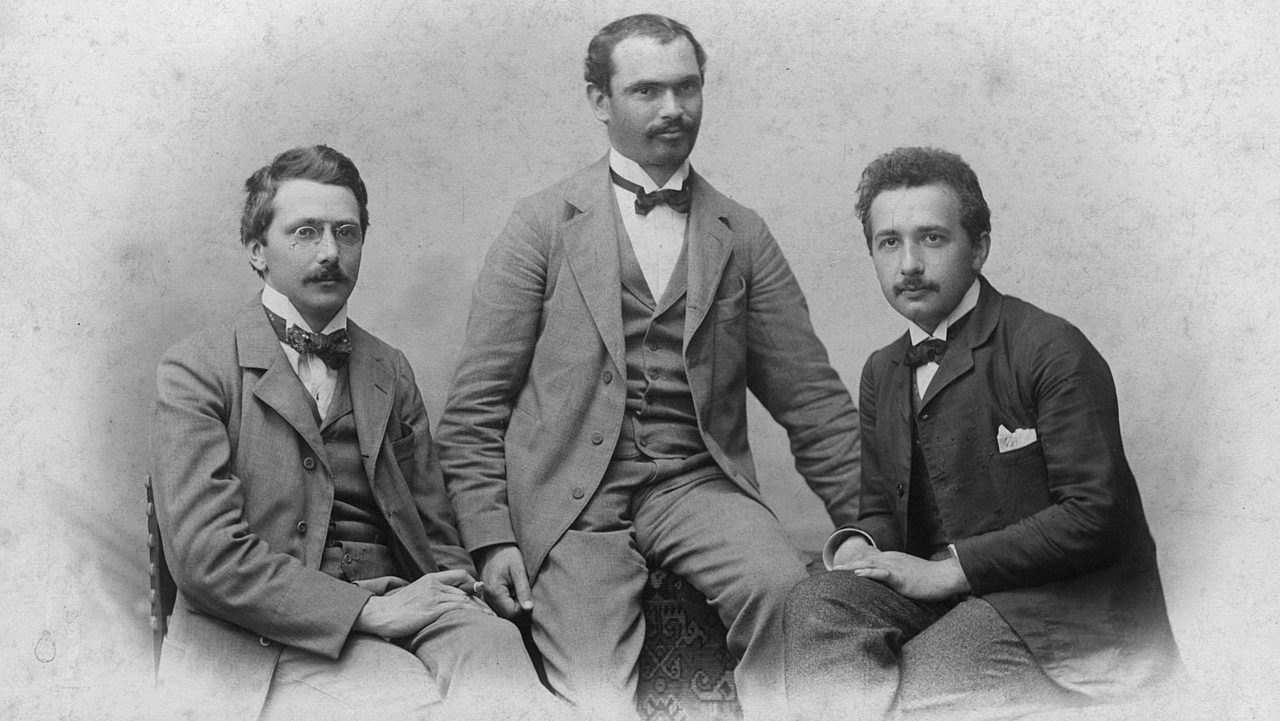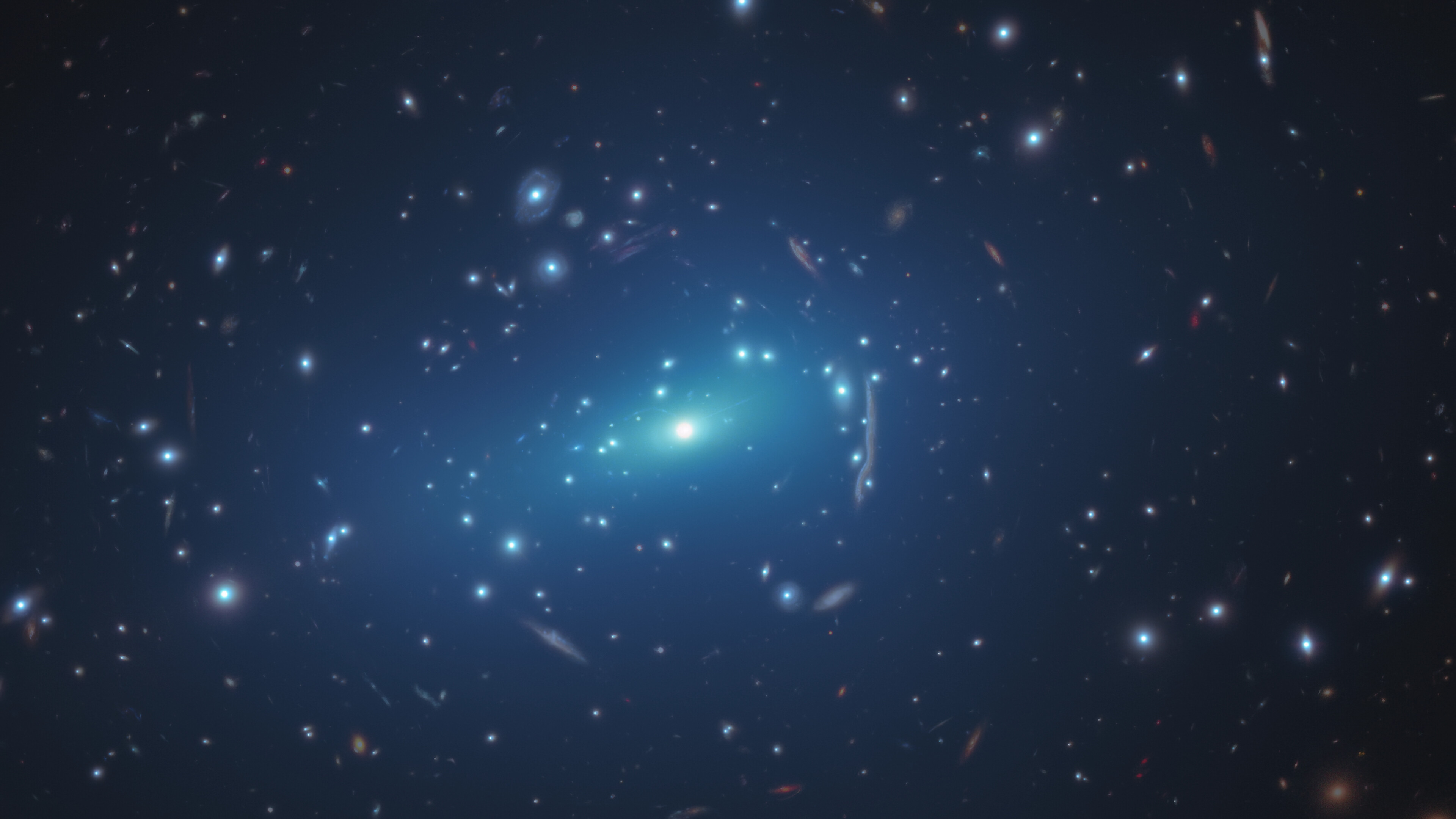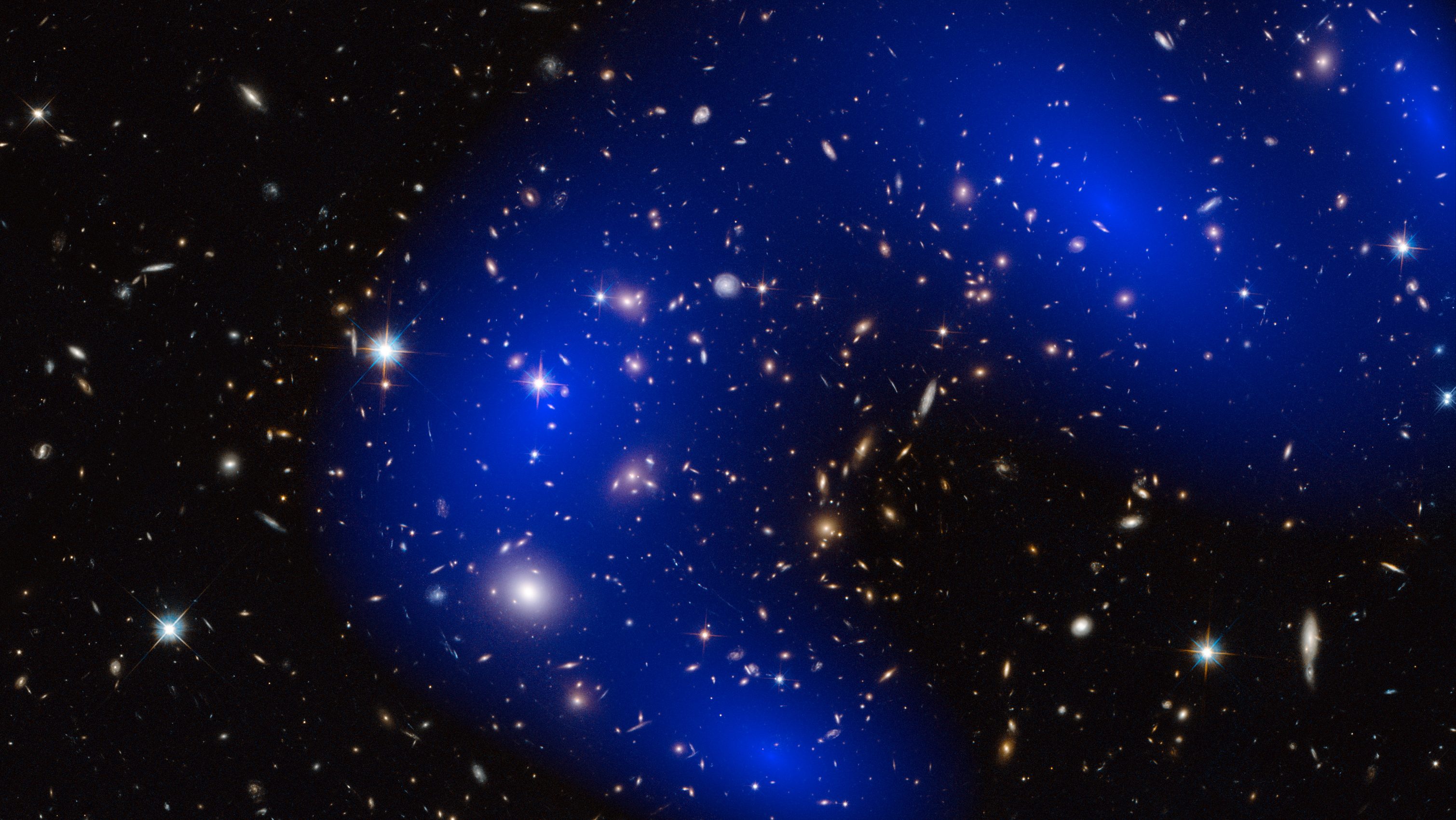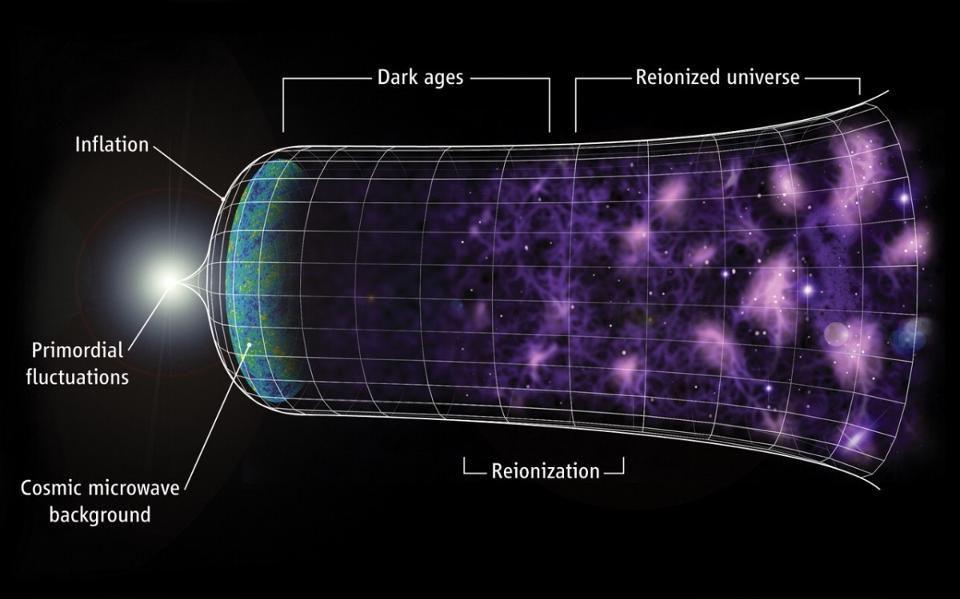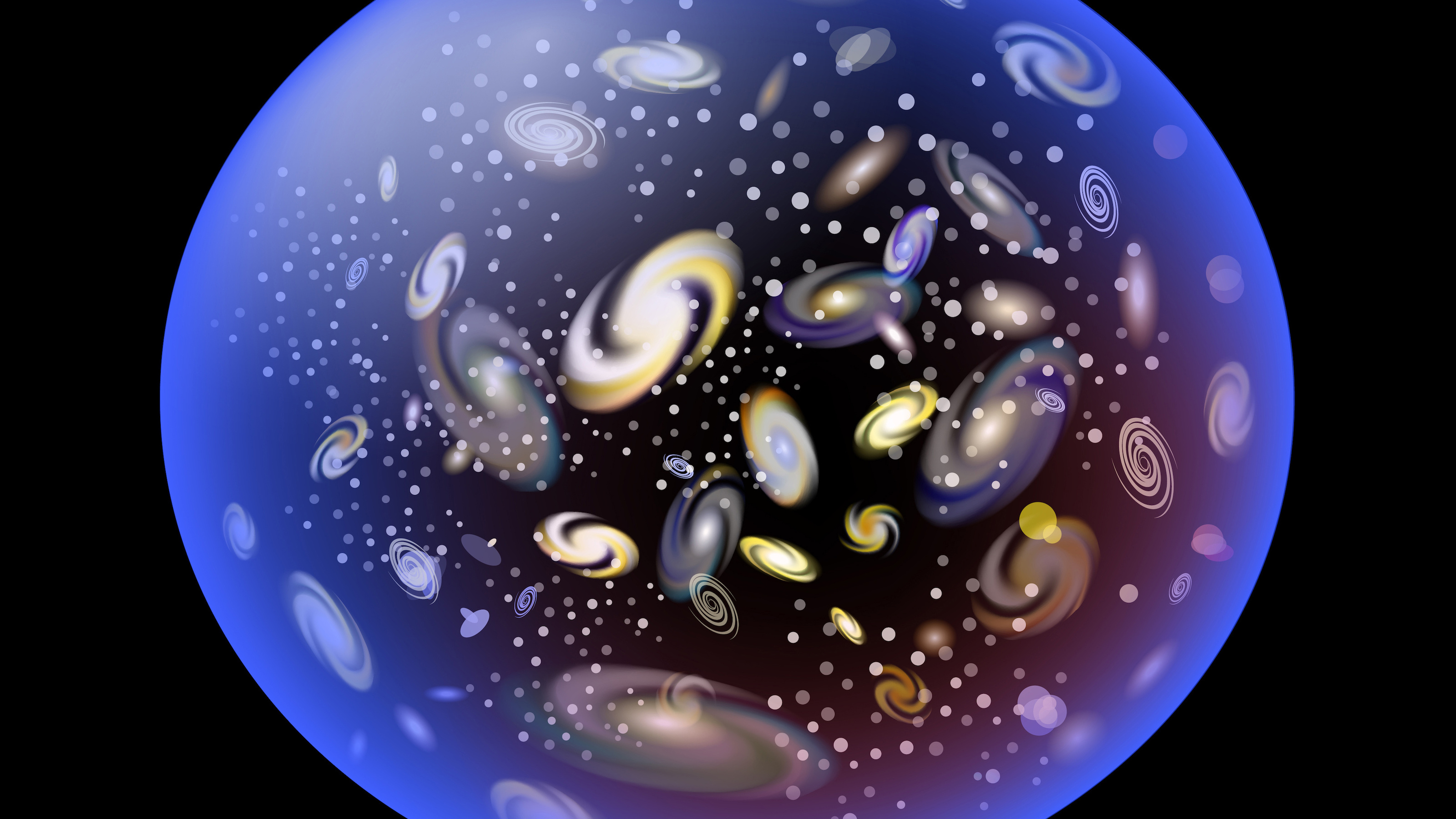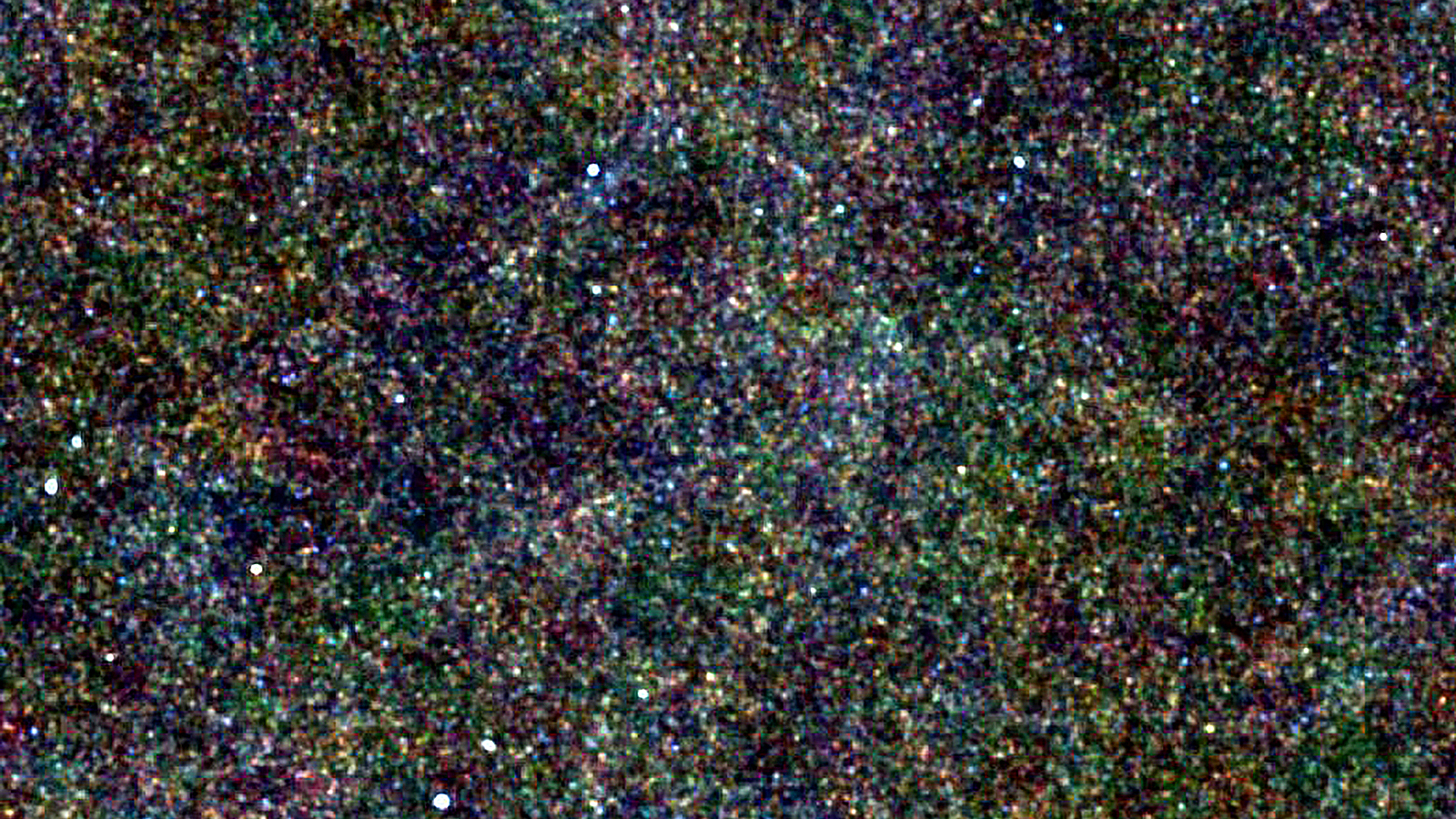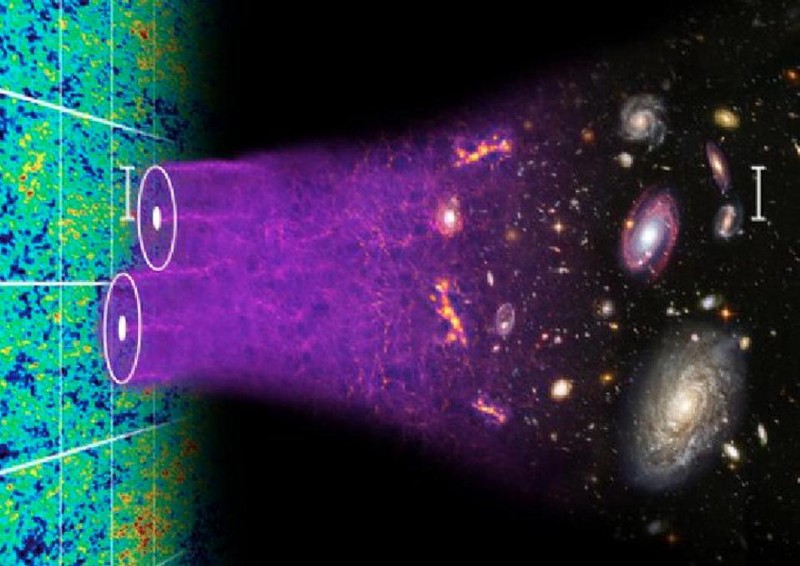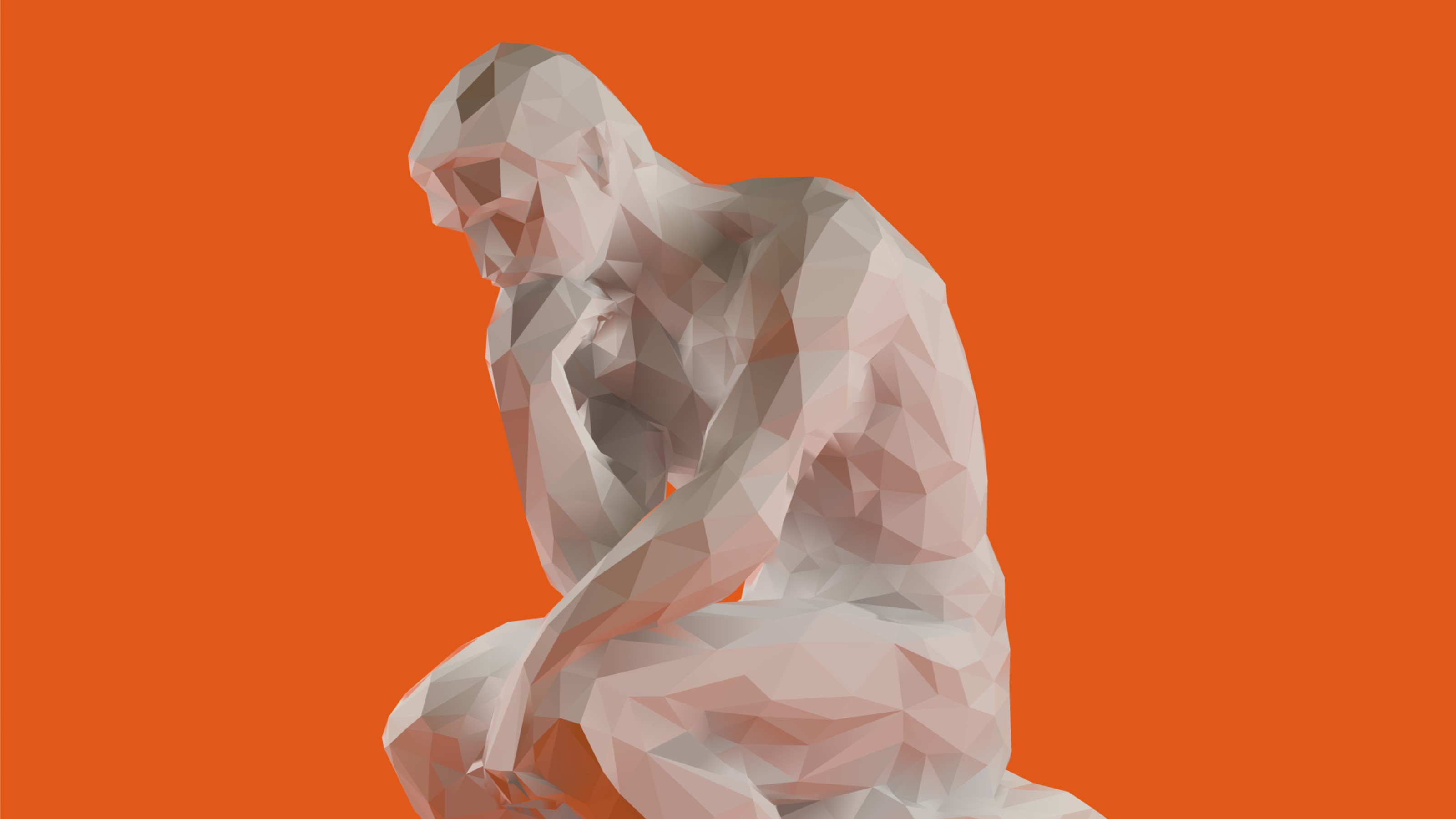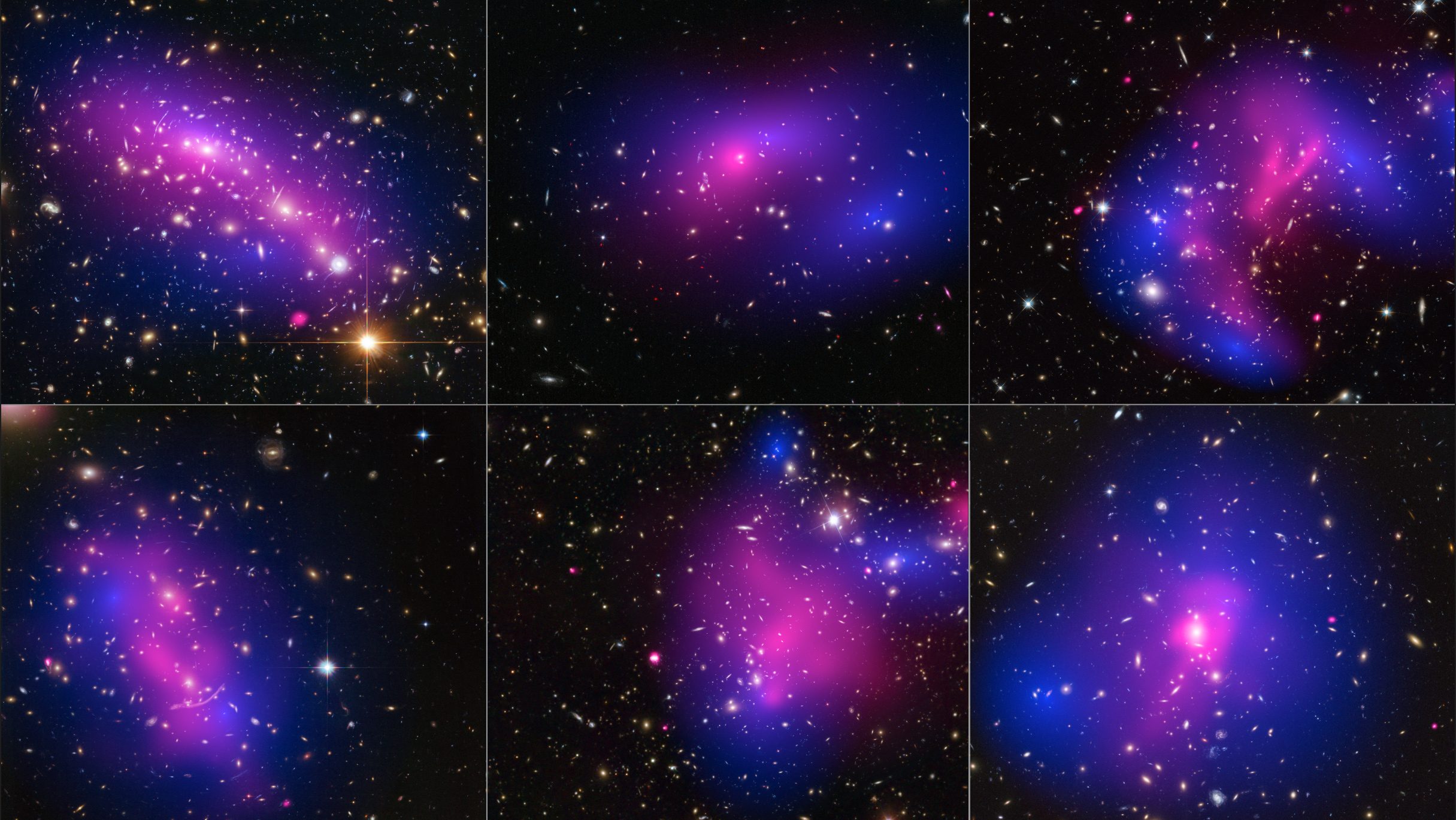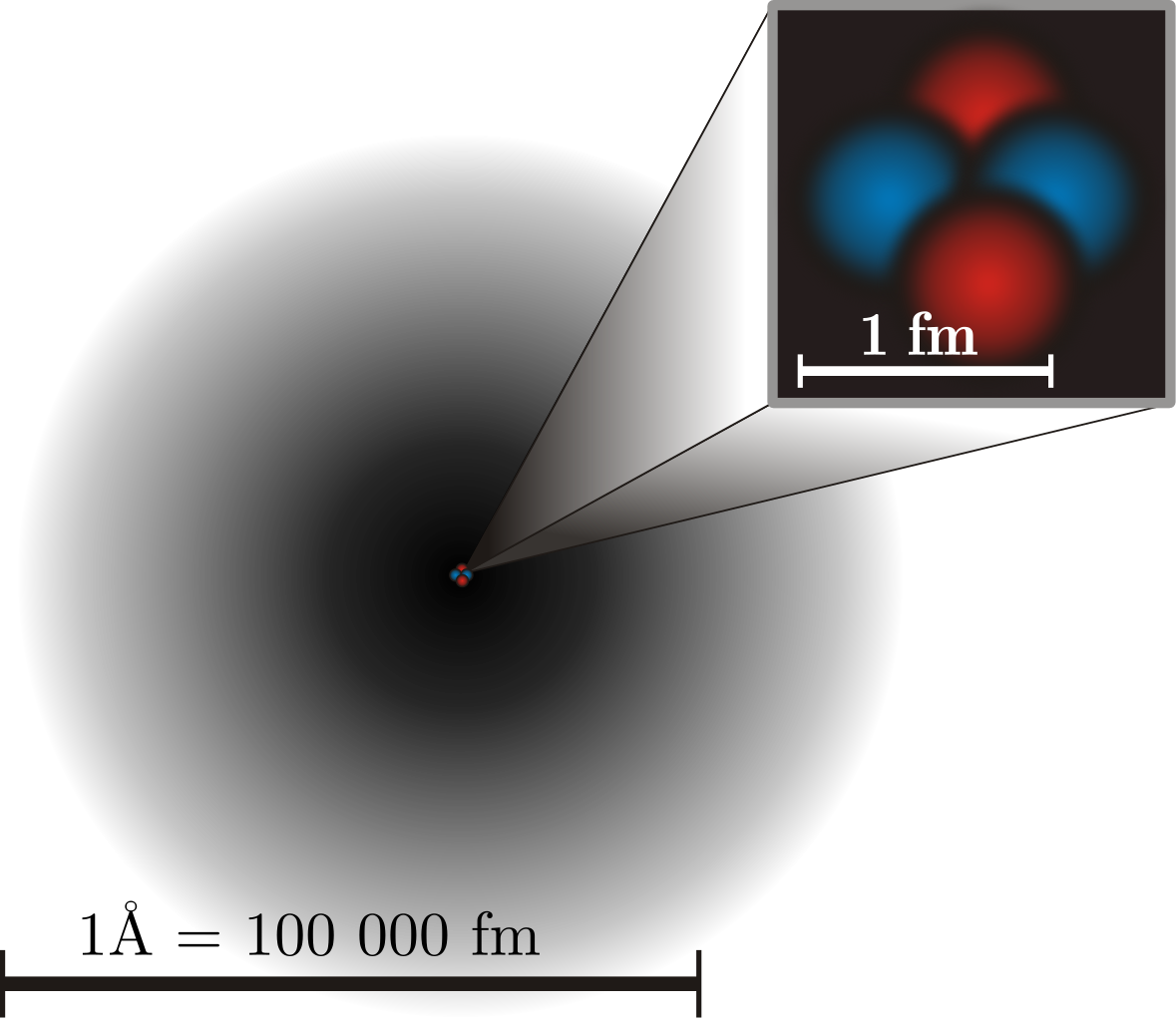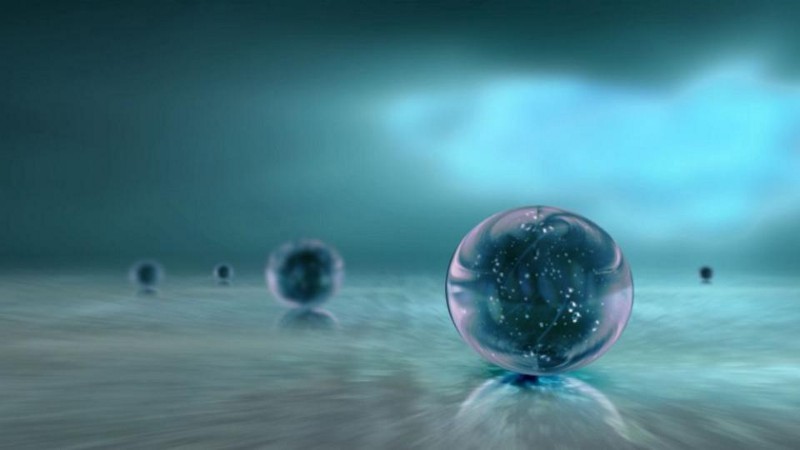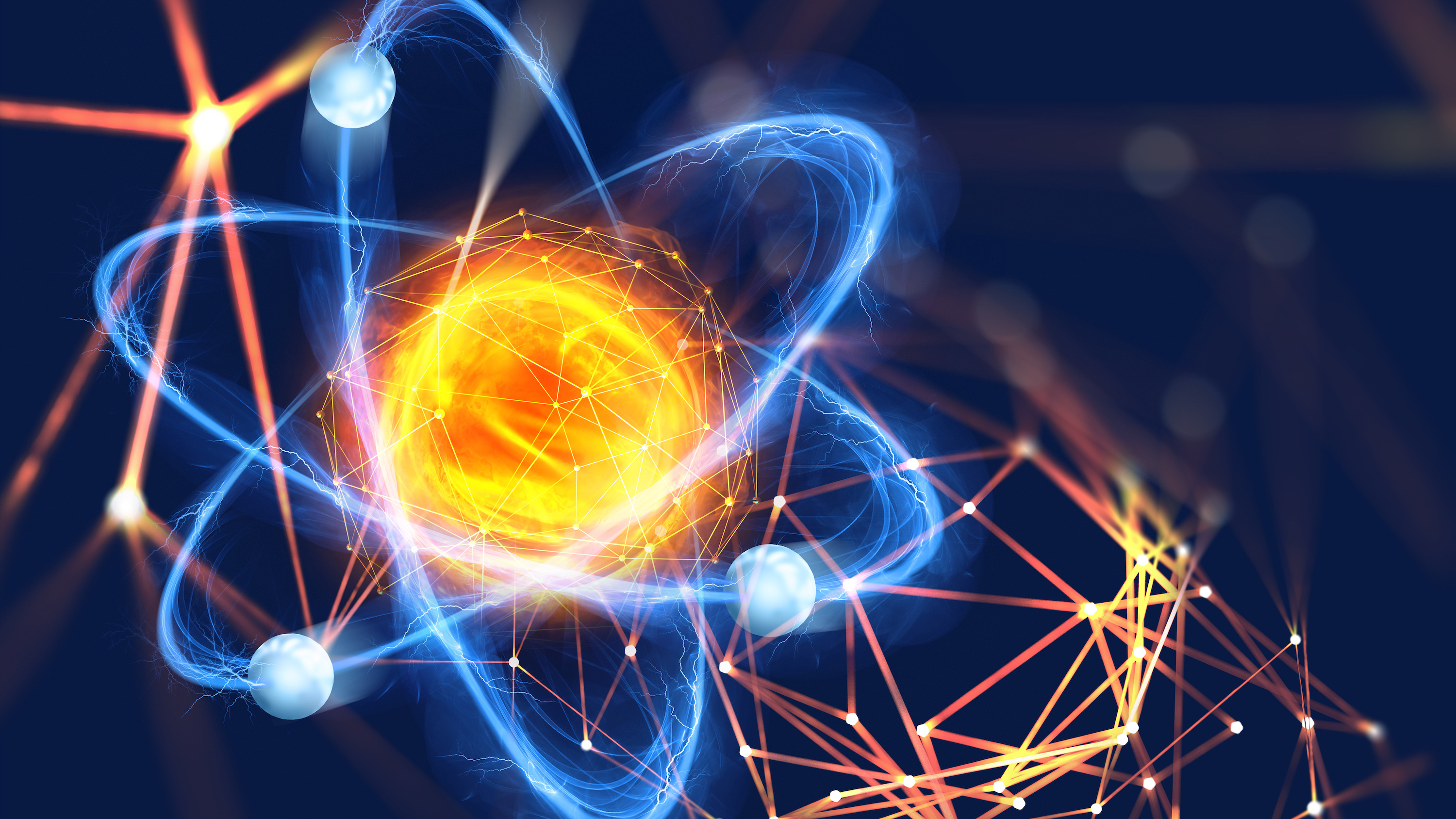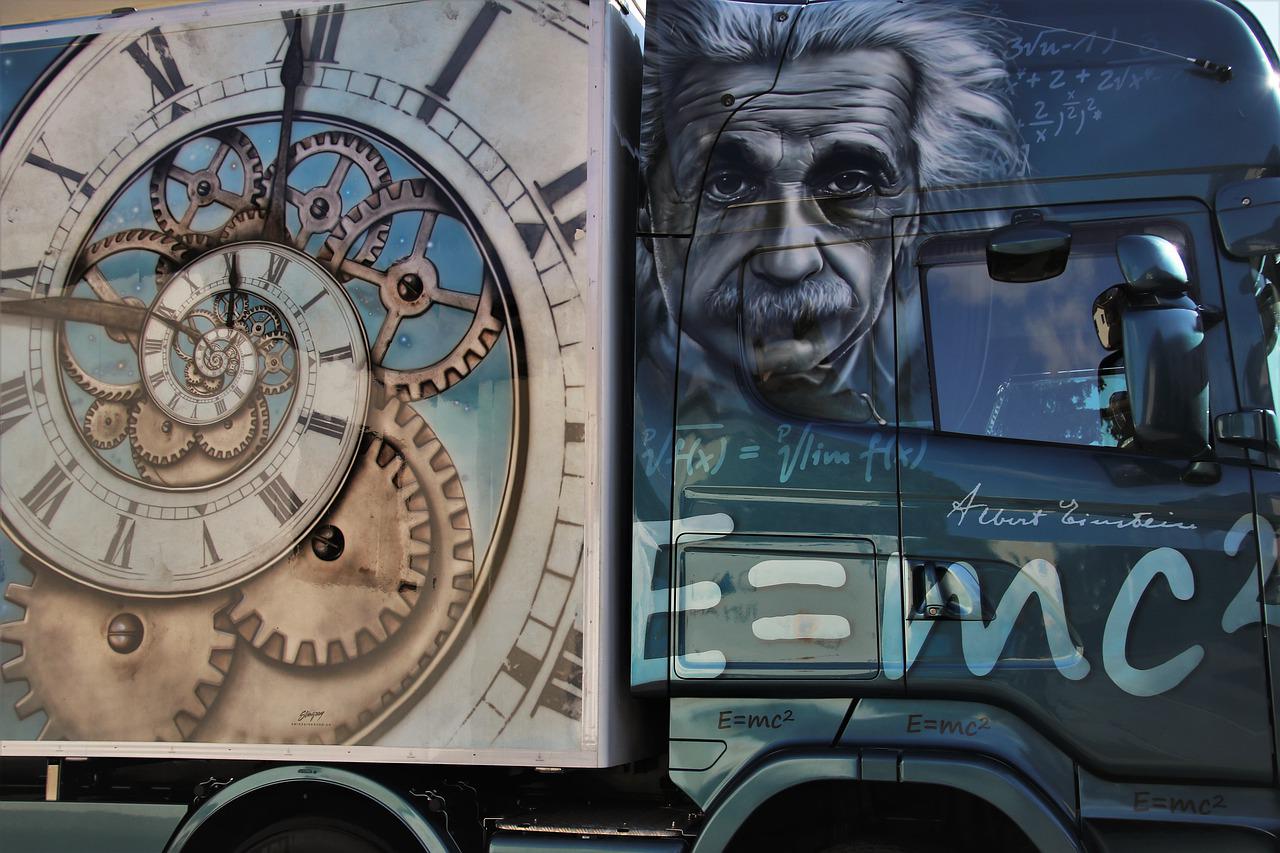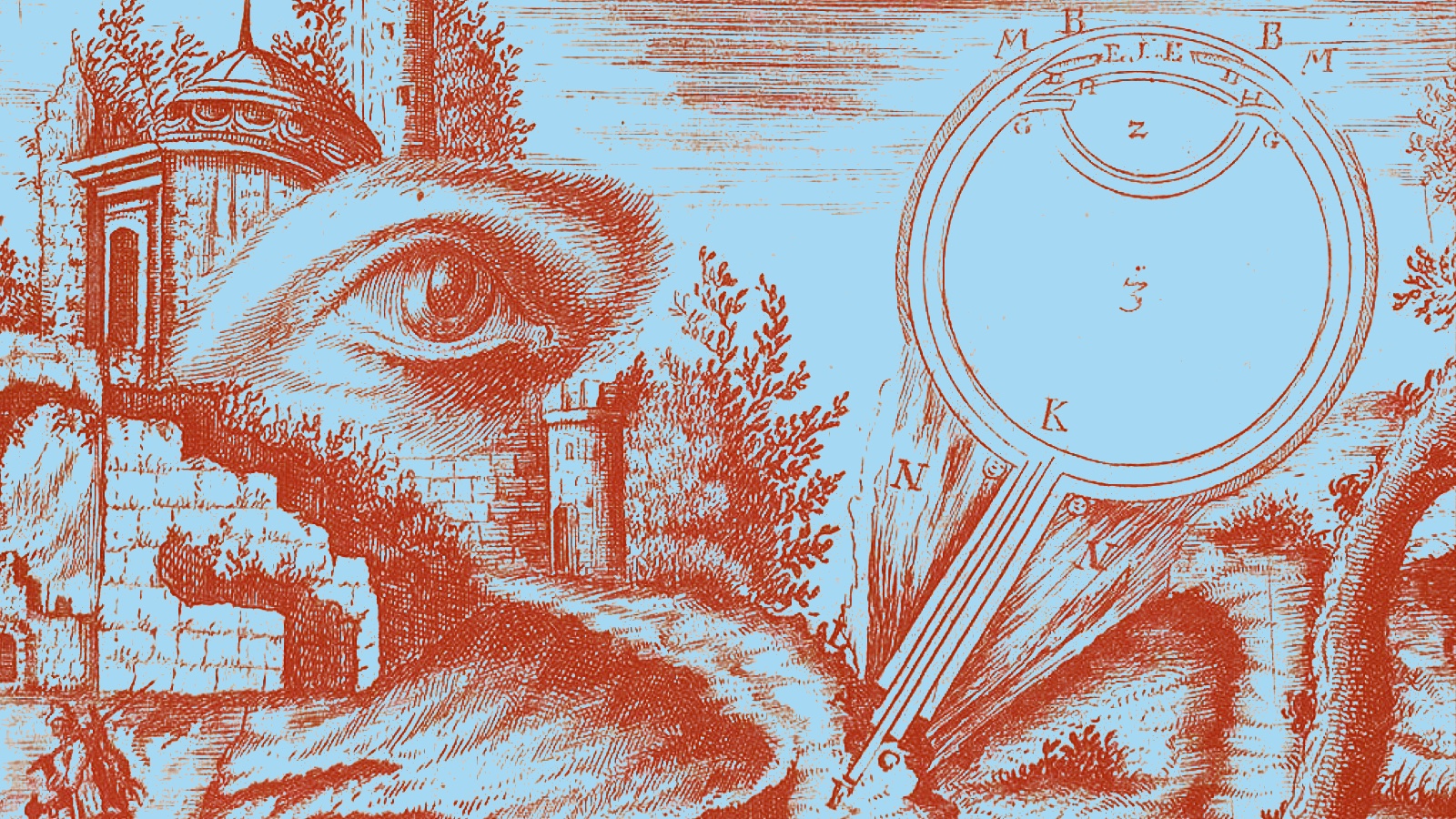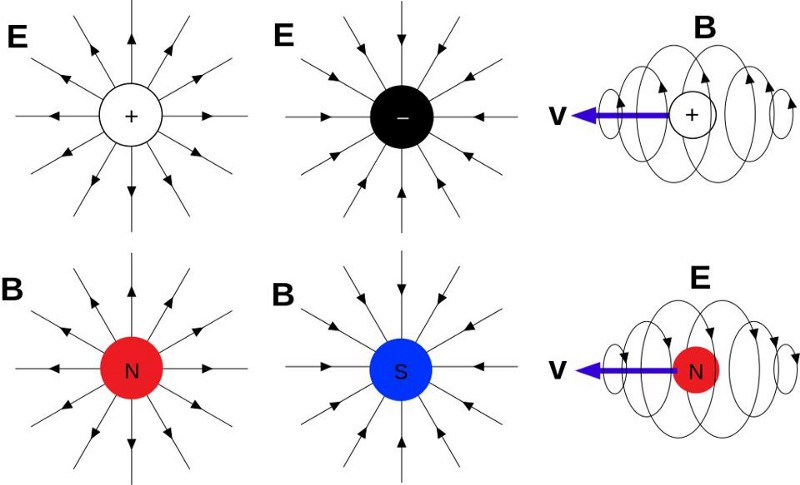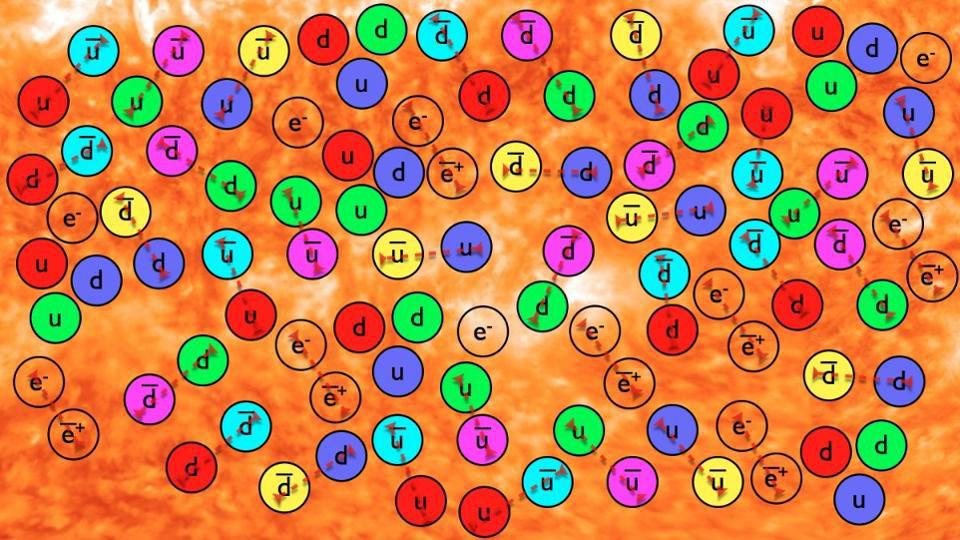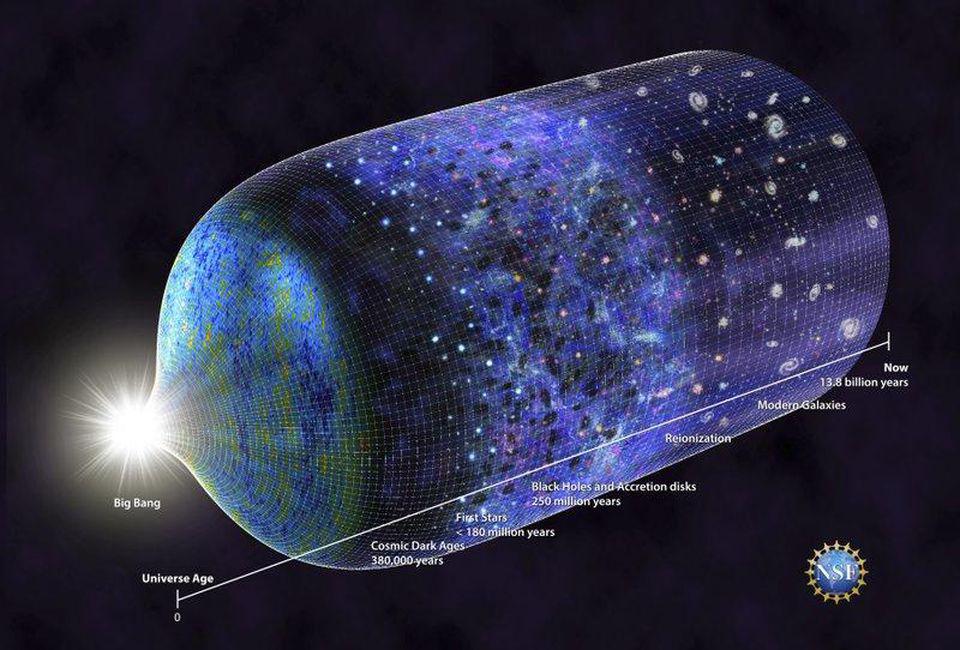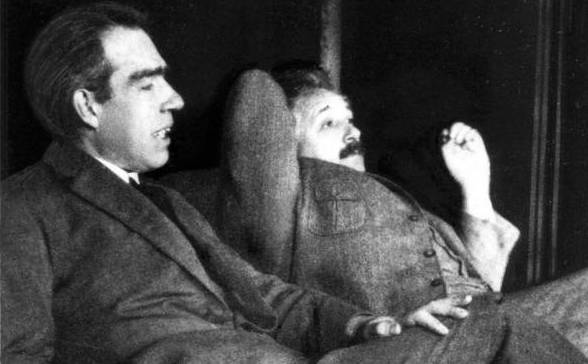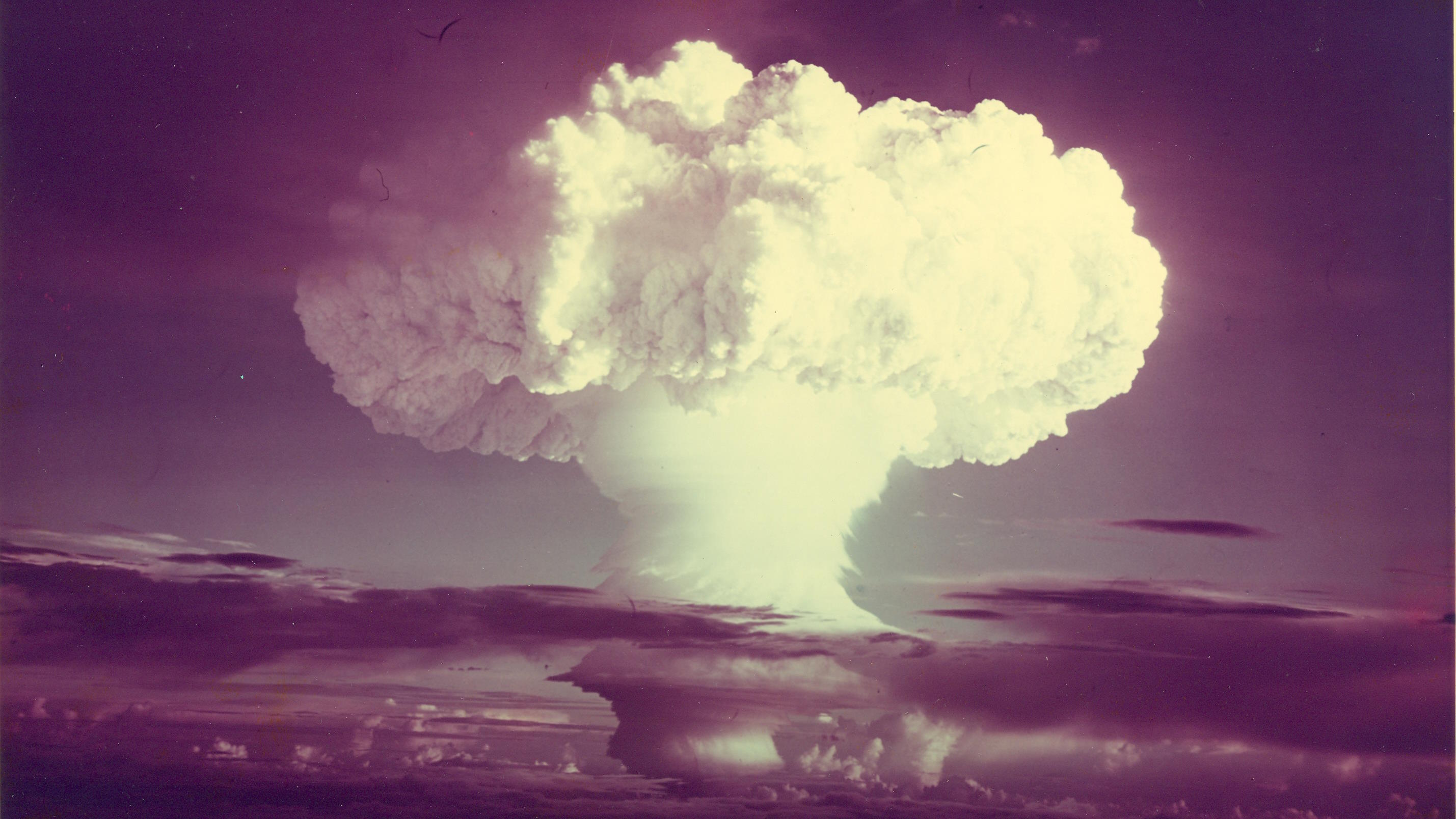Many mavericks look to Einstein as a unique figure, whose lone genius revolutionized the Universe. The big problem? It isn’t true.
Search Results
You searched for: quantum
In theory, dark matter is cold, collisionless, and only interacts via gravity. What we see in ultra-diffuse galaxies indicates otherwise.
There are a wide variety of theoretical studies that call our Standard Model of cosmology into question. Here’s what they really mean.
Many contrarians dispute that cosmic inflation occurred. The evidence says otherwise.
When Einstein gave General Relativity to the world, he included an extraneous cosmological constant. How did his ‘biggest blunder’ occur?
Everything we observe beyond our Local Group is speeding away from us, omnidirectionally. If the Universe is expanding, where is the center?
When you mix science with speculation, you get speculation. But the underlying science is still real. Whenever you hear the phrase, “it’s just a theory,” it should trigger alarm bells in […]
Although the Big Bang occurred at an instant in time long ago, we still see the light from it. Will the evidence ever disappear completely?
An innovation’s value is found between the technophile’s promises and the Luddite’s doomsday scenarios.
There are many theories of gravity out there, and many interpretations of wide binary star data. What have we really learned from it all?
Atomic clocks keep time accurately to within 1 second every 33 billion years. Nuclear clocks could blow them all away.
It’s a wild idea, but there’s a way to test it. No matter how far we look out in the Universe, there’s always more “Universe” to see. Even at the extreme […]
How close are we to human teleportation? Successes in quantum teleportation experiments abound.
Experiments cannot confirm what theory predicts about neutrinos. And particle physicists have no idea why.
Time isn’t the same for everyone, even on Earth. Flying around the world gave Einstein the ultimate test. No one is immune from relativity.
The hot Big Bang was an energetic, brilliantly luminous event. Today’s Universe is alight with stars. But in between, the dark ages ruled.
The Big Bang was hot, dense, uniform, and filled with matter and energy. Before that? There was nothing. Here’s how that’s possible.
A group of prominent scientists shares how research has changed them.
University of Tokyo scientists observe predicted quantum biochemical effects on cells.
Once merely a theoretical curiosity, they might be the key to understanding so much more. Out of all of the known particles — both fundamental and composite — there are a whole slew of properties […]
You can only create or destroy matter by creating or destroying equal amounts of antimatter. So how did we become a matter-rich Universe?
The highest-energy particles could be a sign of new, unexpected physics. But the simplest, most mundane explanation is particularly iron-ic.
If you want to understand the Universe, cosmologically, you just can’t do it without the Friedmann equation. With it, the cosmos is yours.
It’s knowledgeable, confident, and behaves human-like in many ways. But it’s not magic that powers AI though; it’s just math and data.
Philosophers and scientists spent millennia arguing about the nature of light. It turned out to be stranger than anyone imagined.
Leading a scientific revolution is easy: you just have to succeed where the current theory fails while equaling its successes. Good luck!
Even without the greatest individual scientist of all, every one of his great scientific advances would still have occurred. Eventually.
Einstein’s most famous equation is E = mc², which describes the rest mass energy inherent to particles. But motion matters for energy, too.
